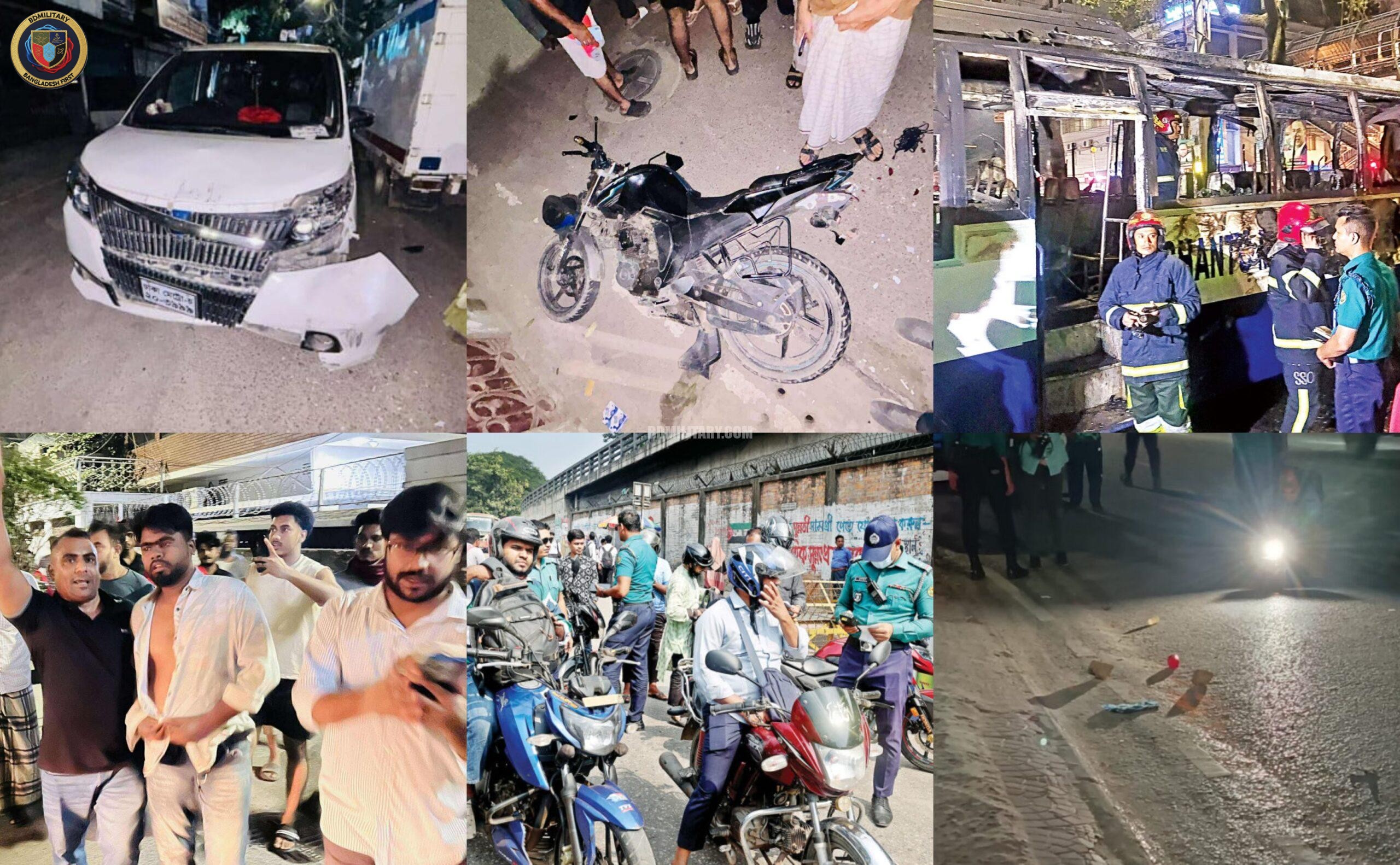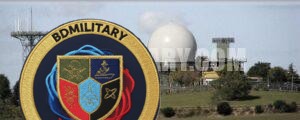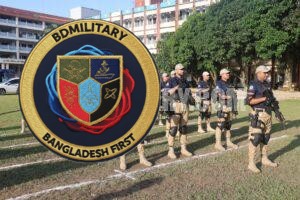Dhaka has witnessed a worrying escalation in politically charged violence over the past two days, marked by a series of crude bomb explosions, arson attacks, and targeted killings. The incidents have exposed serious security vulnerabilities in the capital ahead of the banned Awami League’s planned “Dhaka lockdown” on 13 November, despite intensified law enforcement measures.
Coordinated Bomb Attacks Across the Capital
The capital saw at least eight separate crude bomb explosions within 24 hours, suggesting a coordinated campaign of intimidation. The attacks took place across multiple high-profile locations — including Mirpur, Mohammadpur, Dhanmondi, Khilgaon, and Banglamotor — often targeting establishments linked to members of the interim government.
One crude bomb exploded around 4am on 10 November in front of the Grameen Bank headquarters in Mirpur, founded by Chief Adviser Muhammad Yunus. Hours later, twin blasts occurred outside Shashya Prabartana in Mohammadpur, owned by Fisheries Adviser Farida Akhter. Around the same time, unidentified assailants on a motorcycle hurled bombs in front of Midas Centre in Dhanmondi before speeding away.
Later in the evening, three bombs detonated near Shah Ali Market at Mirpur-10 and another on Khilgaon flyover, with additional explosions reported at Banglamotor intersection just before midnight.
Dhaka Metropolitan Police (DMP) confirmed that the attacks were carried out using improvised explosive devices (IEDs). No casualties were reported, but the incidents caused significant public alarm. CCTV footage from several sites is now being analysed to identify the perpetrators.
Bombing Suspect Linked to Awami League’s Student Wing
Law enforcement agencies have detained at least one suspect in connection with the string of bombings. A press release from the Chief Adviser’s Press Wing revealed that the arrested man, aged 28, is a member of the Bangladesh Chhatra League (BCL) — the banned Awami League’s student front.
According to investigators, the suspect is being interrogated over his possible involvement in multiple incidents, including the explosions at St Mary’s Cathedral Church in Ramna and St Joseph Higher Secondary School in Mohammadpur. Both locations were targeted late on Friday night in apparent attempts to spread panic.
The revelation of the suspect’s political affiliation has heightened scrutiny over the Awami League’s underground networks, which security analysts believe are attempting to destabilise the interim administration through sabotage and fear tactics.
Arson Attacks and Criminal Violence
Alongside the bombings, the capital saw a string of arson attacks targeting public transport. Three passenger buses were set ablaze in separate incidents in Shahjadpur, Merul Badda, and Dhanmondi within 24 hours. Fire Service officials confirmed that all three fires appeared to be deliberate acts of sabotage, occurring in the early hours when roads were largely deserted.
The escalation coincided with the daylight killing of a notorious gangster, Tariq Saif Mamun, outside Dhaka National Medical Hospital. Police identified Mamun as a “top-listed criminal” linked to the Emon-Mamun gang, notorious for its past association with Awami League-backed crime networks. His death has raised suspicions of internal score-settling amid growing factional tensions within underground political groups.
Political and Security Implications
The incidents come as the Special Branch divides Dhaka into 54 intelligence surveillance zones, seeking to pre-empt violent mobilisation ahead of the banned Awami League’s “lockdown” call. Despite visible police deployment, the rapid succession of explosions and arson attacks underscores the limitations of current counter-sabotage operations.
“Pre-election periods in Bangladesh are historically volatile, but this wave of coordinated bombings indicates the reactivation of dormant militant or political sabotage networks,” said Dr Touhidul Haque, a crime analyst at Dhaka University. “If law enforcement fails to act with precision and visibility, public confidence in the state’s ability to maintain order will erode quickly.”
Heightened Threat Environment
The recurrence of low-intensity bombings — a hallmark of past Awami League protest tactics — has reintroduced urban terror dynamics unseen in Dhaka since the mid-2010s. Security officials warn that such crude IED attacks, though largely symbolic, can quickly escalate if not contained.
Analysts believe that remnants of the banned party’s youth and student wings may be attempting to create a perception of instability to undermine the legitimacy of the current administration. The targeting of properties linked to government advisers appears calculated to send a political message rather than cause mass casualties.
Law enforcement units, including the Counter-Terrorism and Transnational Crime (CTTC) division and Rapid Action Battalion (RAB), have been placed on high alert, while the Home Ministry has ordered increased patrols and surveillance around critical infrastructure.
As Bangladesh braces for a potentially turbulent pre-election period, the resurgence of bomb and arson attacks linked to elements of the banned Awami League and its affiliates signals a renewed phase of hybrid political violence — combining organised crime, militant tactics, and political sabotage — aimed at destabilising the capital’s security environment.


